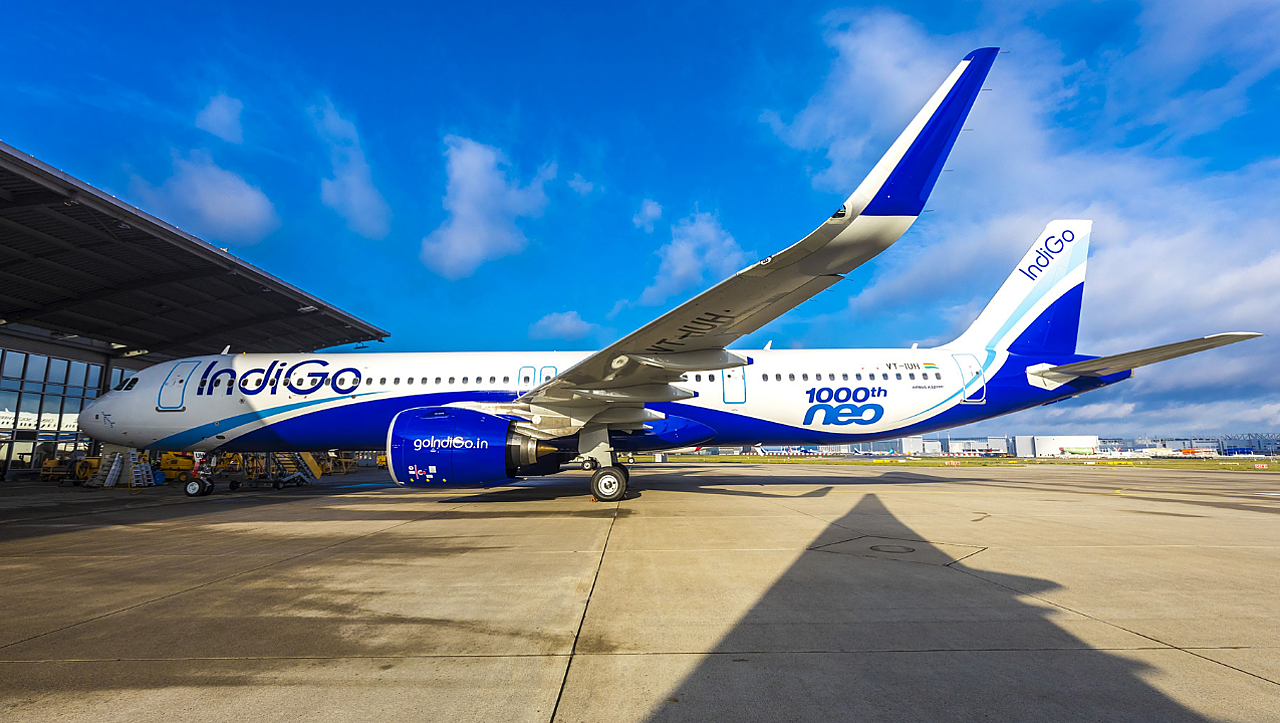
A double whammy of rising fuel prices and the ongoing COVID-19 pandemic is burying Indian airlines under growing losses. The country’s aviation industry as a whole is now facing an existential crisis, with profitability in the near term remaining a distant mirage. India’s leading airline IndiGo has been pummelled by the pandemic, with the carrier reporting a net loss of INR 3,170 crore for the quarter ended June 21, a performance termed deeply disappointing by IndiGo CEO Ronojoy Dutta.
Jiten Chopra, CFO, IndiGo, said, “The strength of our balance sheet is our biggest defence in the fight against COVID-19, and we will continue to enhance this strength by focusing on cost reduction, liquidity enhancement and capacity addition.”
Double impact
The airline did receive some respite for the March quarter of FY21 when it reported net losses of INR 1,150 crore; however, the brutal second wave of the pandemic, which swept nationwide, has contributed to INR 3,170 crore loss for Q1 FY21, with losses for the same period in FY20 amounting INR 2,840 crore.
In a post-earnings call, Dutta said, “April revenue was 15.4 billion rupees, May was 6.7 billion rupees, June was 9.6 billion rupees, and July is projected to recover back to April levels.”
Rising fuel prices remain a real concern for all Indian carriers, having nearly doubled year-on-year, and the increase impacted IndiGo to INR 540 crore. The airline’s cash burn rate has also increased to INR 33.4 crore per day (quarter ended June 21) compared to INR 19 crore per day in the March quarter due to lower demand and capacity deployment. With a repeat of the pandemic situation last year and the reimposition of lockdowns, IndiGo was also forced to re-instate leave without pay for employees to stanch its cash burn rate.
Capacity underutilised
With a fleet of over 270 aeroplanes, which ideally need to be in the air for as long as possible, lower capacity deployments of IndiGo’s aircraft fleet negatively impacts the carrier’s performance metrics. The LCC operated at a mere 44% of its pre-covid capacity during the June quarter compared to the 75% of pre-COVID capacity it operated in the March quarter.
IndiGo is currently restricted to 65% capacity deployment by the Ministry of Civil Aviation. The airline is keen on adding capacity to cater for a recovery to pre-pandemic levels of air travel as quickly as possible. The airline remains hopeful of a gradual relaxation of these restrictions, allowing it to increase flight schedules and bolster its financials. IndiGo, of course, runs the risk of another wave of the pandemic impacting any such decision and is working towards greater efficiencies in covering its variable costs and generating cash to cover fixed costs.
The Low-Cost Carrier (LCC) is expecting to return to 100% of its pre-COVID domestic capacity by the end of the year on the back of increased vaccinations leading to a relatively flat third wave of the pandemic.
“Scheduled international operations remain challenging, and our short-term focus is on increasing the capacity deployed through air bubble arrangements and charters,” Dutta says.
The slow return of international air travel is another concern for the airline, which has large orders for the A321neo, which are ideally suited to flights on IndiGo’s international routes to the Middle East and South-East Asia.
Fleet strength
IndiGo’s aircraft fleet has mainly remained unchanged despite the devastation wrought by the pandemic, with 277 aircraft in operation as of June 30. Last year, IndiGo operated 274 aircraft, but a return to air travel earlier this year has seen an increase in the fleet size to 285. IndiGo has 262 aircraft on the operating lease and 15 aircraft owned by it or on the finance lease. The LCC’s aircraft fleet comprises 122 Airbus A320neo jetliners, 85 older A320ceos, 41 A321neos and 29 ATR-72 regional transport aircraft.
In all, IndiGo has placed orders with Airbus for 830 aircraft and has taken delivery of 262. IndiGo has placed total orders with Airbus for 332 A320neos, with 122 delivered. It has 398 A321neos on order with 40 delivered (as of July 8). It had originally placed orders with Airbus for 100 A320ceos, which were all delivered and are now being replaced by the newer and more fuel-efficient A320neo jetliner family. IndiGo also has a total of 50 ATR 72-600s on order.